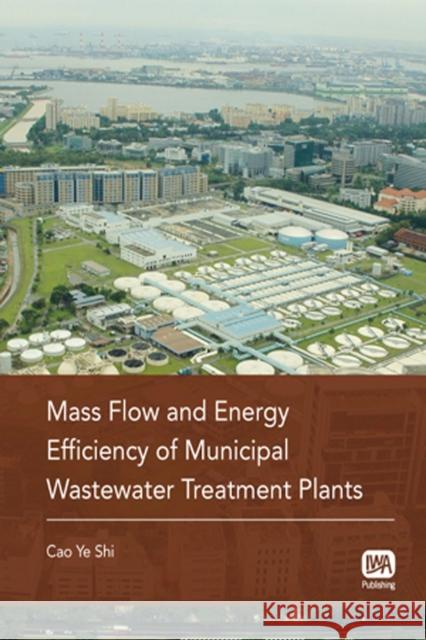Mass Flow and Energy Efficiency of Municipal Wastewater Treatment Plants » książka
Mass Flow and Energy Efficiency of Municipal Wastewater Treatment Plants
ISBN-13: 9781843393825 / Angielski / Miękka / 2011 / 133 str.
Special Offer: Cao Ye Shi Author Set - Buy all three books together and save a total 76
Mass Flow and Energy Efficiency of Municipal Wastewater Treatment Plants presents the results of a series of studies that examined the mass flow and balance, and energy efficiency, of municipal wastewater treatment plants; it offers a vision of the future for municipal wastewater treatment plants. These studies were undertaken as part of the R & D program of the Public Utilities Board (PUB), Singapore. The book covers the latest practical and academic developments and provides: a detailed picture of the mass flow and transfer of Chemical Oxygen Demand (COD), solids, nitrogen and phosphorus and energy efficiency in a large municipal wastewater treatment plants in Singapore.
The results are compared with the Strass wastewater treatment plant, Austria, which reaches energy self-sufficiency, and the approaches for improvement are proposed. a description of the biological conversions and mass flow and energy recovery in an up-flow anaerobic sludge blanket reactor - activated sludge process (UASB-ASP) - and compares this to the conventional activated sludge process. a comprehensive and critical review of the current state of the art of energy efficiency of municipal wastewater treatment plants including benchmarks, best available technologies and practices in energy saving and recovery, institution policies, and road maps to high energy recovery and high efficiency plants. a vision of future wastewater treatment plants including the major challenges of the paradigm shift from waste removal to resource recovery, technologies and processes to be studied, integrated sanitation system and management and policies.
Mass Flow and Energy Efficiency of Municipal Wastewater Treatment Plants is a valuable reference on energy and sustainable management of municipal wastewater treatment plants, and will be especially useful for process and design researchers in wastewater research institutions, engineers, consultants and managers in water companies and water utilities, as well as students and academic staff in civil/sanitation/environment departments in universities.











